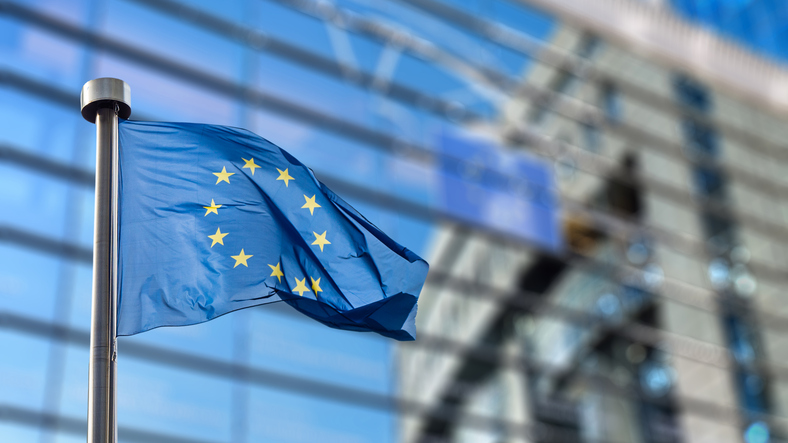Back in June, when a European Parliament’s Committee on Legal Affairs passed a controversial copyright law, sending it for a full-parliament vote in July, critics were sounding the alarm that it would drive online platforms out of Europe. In early July, lawmakers slowed the new copyright directive’s momentum by delaying the vote. Here’s what all the fuss is about.
Ars Technica reported in June that the Legal Affairs Committee had approved, 15-10, Article 13, which would require online platforms to use filtering systems to block content. Say goodbye to “memes, remixes and other user-generated content” reported the BBC on critics’ reactions.
CNBC reported in July, following the delay, that the new directive would not only affect platforms like Google and Facebook, but also “new media” publishers that frequently share articles and other copyright-protected content from news organizations. Under the law, publishers like Google, Facebook and Twitter would have to pay a “tax,” as critics called it, for that right.
Ars reported in June that World Wide Web inventor Tim Berners-Lee, Internet Protocol co-inventor Vint Cerf, and other major Internet figures sent a letter opposing Article 13, which warned about the reliability of the automatic filtering systems, the cost and burden on businesses, and the overall business uncertainty that could drive online platforms out of Europe, affecting European consumers. The group also stated:
“Article 13 takes an unprecedented step towards the transformation of the Internet from an open platform for sharing and innovation, into a tool for the automated surveillance and control of its users.”
While the group does support efforts to fairly compensate content creators for their work, it cannot support Article 13, and asked that it be deleted.
European lawmakers, by a vote of 318-278, with 21 abstaining, agreed when they voted to end the legislation’s “fast-tracking,” reported CNBC, and send it “back to the drawing board,” said Julia Reda, a German MEP (Member of European Parliament) for the Greens-European Free Alliance.
While the law is controversial and has its opponents, it also has its proponents. Per CNBC, notable music industry figures like Paul McCartney have pleaded for its passing, saying it will secure revenue for artists who otherwise lose their fair share when there is unauthorized use.




